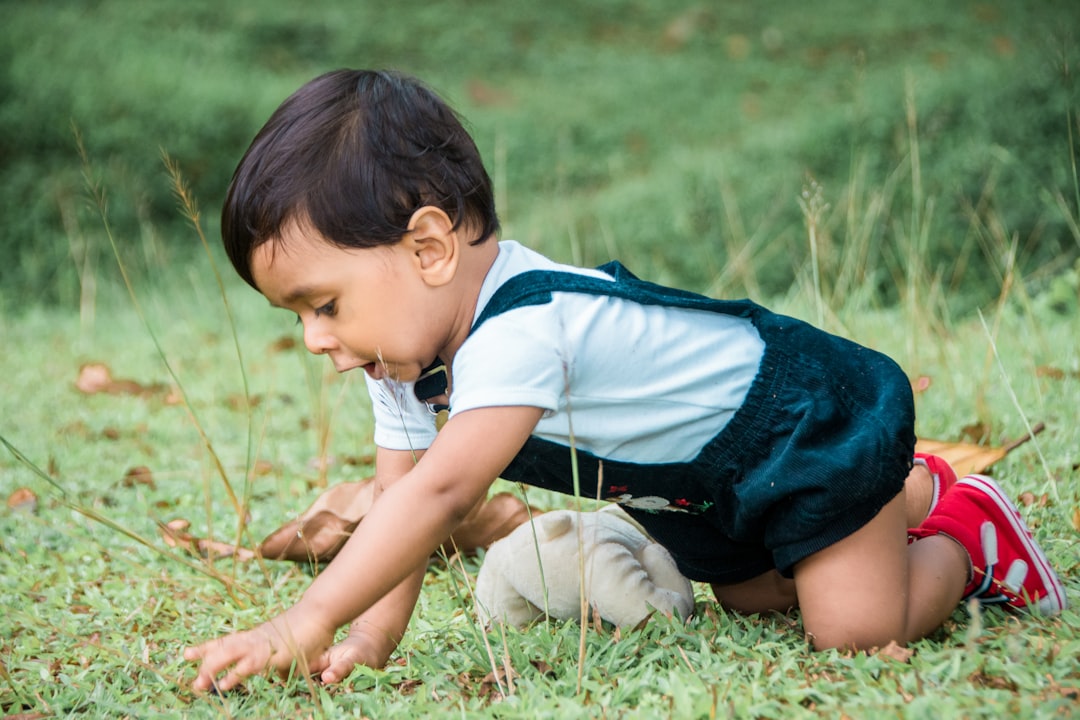The journey of early childhood development is a critical period that shapes the future of every individual. It is during these formative years, typically considered from birth to eight years old, that the foundations for cognitive, behavioral, social, and emotional skills are laid. Understanding the nuances of early childhood development is vital for parents, educators, and policymakers to ensure that every child has the best start in life.
The Science of Early Brain Development
In the early years of life, a child’s brain undergoes rapid growth, producing more than a million neural connections each second. This explosive brain development is influenced by a range of factors, including genetics, nutrition, and the environment. Positive interactions, such as talking, reading, and singing, can significantly enhance neural growth. Conversely, adverse experiences like chronic stress and neglect can hinder it, potentially leading to lifelong difficulties in learning and behavior.
The Role of Play in Learning
Play is not just a leisure activity; it is a crucial element in educational development. Through play, children learn to interact with their peers, solve problems, and develop critical thinking skills. Structured play, guided by an adult, and unstructured play, where children have the freedom to explore on their own, are equally important. Educational toys and games can stimulate cognitive development and foster skills such as memory, recognition, and reasoning.
The Impact of Early Education Programs
Early childhood education programs, such as preschools and kindergartens, play a pivotal role in a child’s development. These programs offer more than just basic education; they provide a structured environment where children can develop social skills, gain exposure to language, and build self-confidence. Studies have shown that children who attend high-quality early education programs are more likely to succeed academically and socially later in life.
Nutrition and Physical Health
A balanced diet is crucial during early childhood to support optimal physical and brain development. Essential nutrients, such as iron, iodine, and omega-3 fatty acids, are vital for cognitive development and overall health. Regular physical activity is also essential, as it helps with motor skills development and overall physical health. Moreover, establishing healthy eating and exercise habits early in life can help set the stage for a lifetime of healthy living.
Parental Involvement and Its Lasting Effects
The role of parents in early childhood development cannot be overstated. Parental involvement goes beyond providing for a child’s basic needs. It includes engaging in interactive activities, providing emotional support, and fostering a secure environment that encourages exploration and learning. The attachment formed between parents and their children during these early years forms the basis of the child’s emotional and social development.
In conclusion, the early years of a child’s life are more than just a preliminary phase; they are a critical period that can define their future. By investing in early childhood development through education, play, proper nutrition, and parental involvement, society can foster a generation of capable, confident, and well-rounded individuals. Recognizing the importance of these early years and taking action to nurture our youngest minds is not just an investment in individual children—it’s an investment in our collective future.






